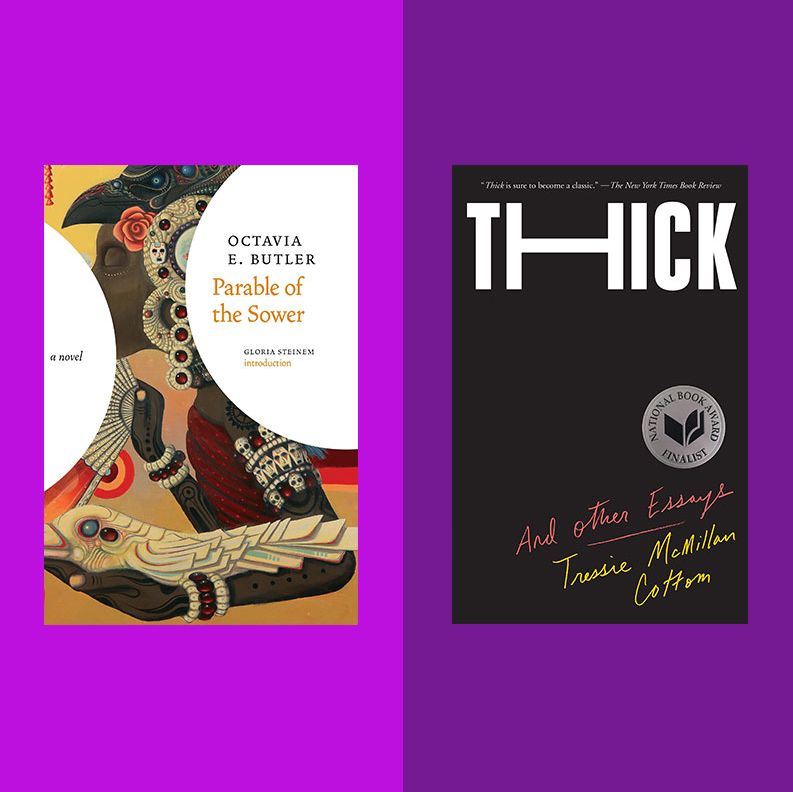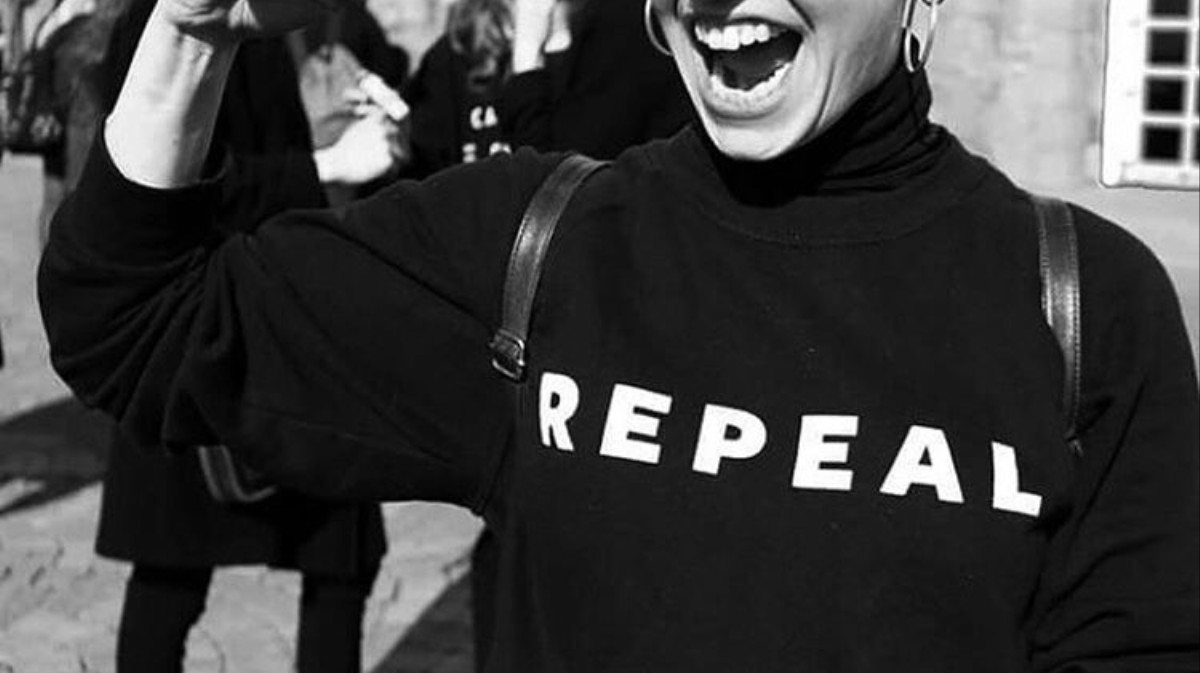


As Anita Cornwell specified, "When the shooting starts any Black is reasonable game. the bullets do not provide a damn whether I sleep with a woman or a man". In 1970, a specifying moment for Black lesbian feminists occurred at the Black Panther's Revolutionary People's Constitutional Convention in Philadelphia, Pennsylvania. A number of Black lesbian feminists confronted a group of White lesbian feminists about what they saw as a racially divisive agenda.
For instance, in 1973, the National Black Feminist Organization was established and consisted of a lesbian agenda. In missionofsubmission , the Combahee River Collective was founded out of experiences and feelings of sexism in the Black Power motions and racism in the lesbian feminist motion. The primary focus of this cumulative was to fight what they viewed as interlocking systems of oppression and raise awareness of these systems.
In addition to the numerous companies that concentrated on Black lesbian feminism, there were lots of authors that contributed to this movement, such as Audre Lorde, Barbara Smith, Pat Parker, June Jordan, Darlene Pagano, Kate Rushin, Doris Davenport, Cheryl Clarke, Margaret Sloan-Hunter, and a number of others. 1980s and 1990s [modify] This section requires expansion.

In the early 1990s, MINDFUL (African Female's Action for Revolutionary Exchange) was formed in New York by Reena Walker and Laura Peoples after a plenary session on Black females's issues held at the Malcolm X Conference at the Borough of Manhattan Neighborhood College (BMCC) entitled Black Women and Black Freedom: Combating Injustice and Building Unity.
It featured plenary sessions, a workshop on "Sexual Harassment: Race, Gender and Power", and was held in a much larger theater that year. Black females were a central focus and not an aside as they were prior. Speakers consisted of Sonia Sanchez, Audre Lorde, Verniece Miller, Reena Walker, Carol Bullard (Asha Bandele), and Vivian Morrison.